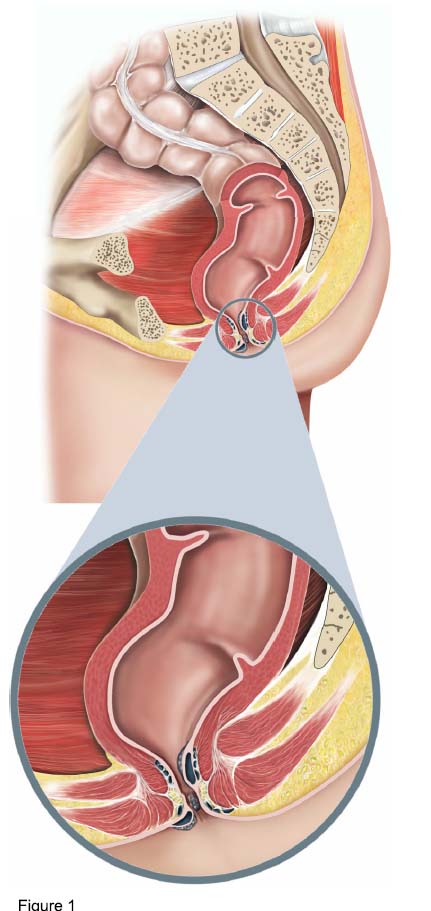What are Haemorrhoids?
Haemorrhoids, also known as piles, are soft fleshy lumps just inside your back passage (anus). They have a rich blood supply and bleed easily, usually causing fresh bright-red bleeding when you have had a bowel movement. They do not usually cause pain but can cause itching around your anus. When large, they can pass through your anus (prolapsed pile), feeling like a lump when you clean yourself. They are associated with constipation, particularly if you need to strain to open your bowels, and can be made worse by pregnancy.
What are the Benefits of Surgery?
Surgery will remove the haemorrhoids. You should no longer have any of the symptoms that haemorrhoids can cause.
Consultants and Clinic Times



Mr Michael Jarrett
MA, BM ChB, DM, FRCS
Specialities
General Surgery, Colorectal Surgery


Professor Marcus Reddy
BSc(Pharm), MBBS, FRCS(Eng), FRCS(Gen)
Specialities
General Surgery, Weight Loss Surgery











